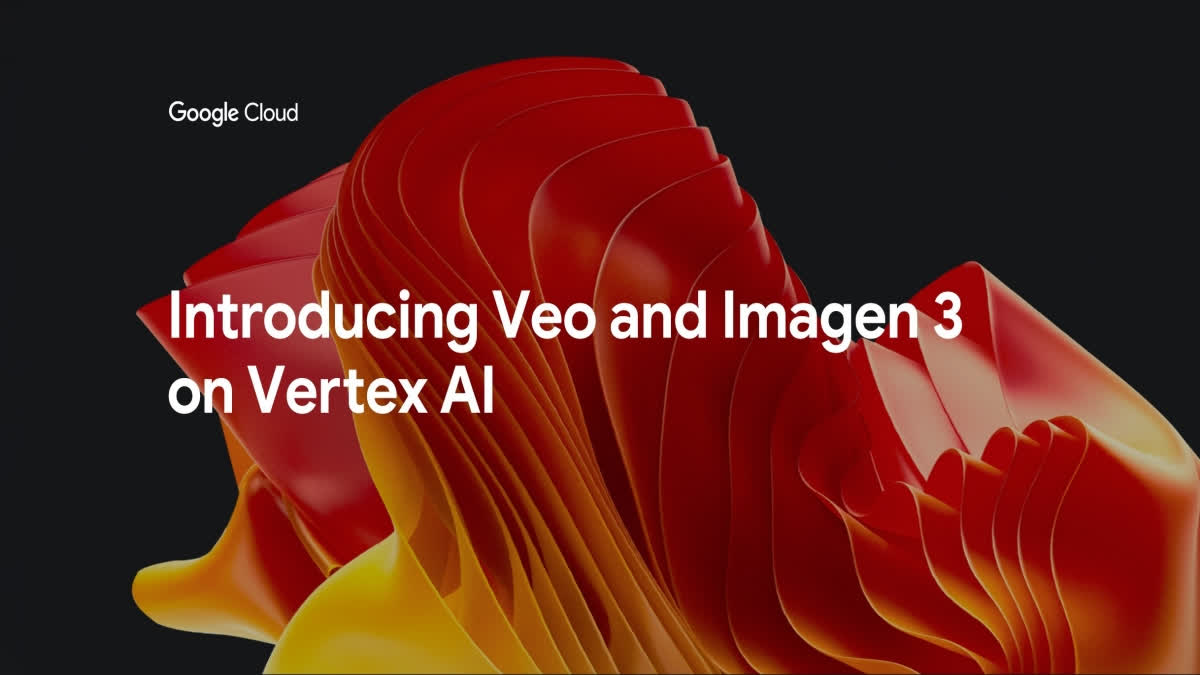Hyderabad: Google on Wednesday announced Veo, an online generative AI video generation tool, to be available on Vertex AI in private preview. Veo has been developed by Google's DeepMind which is capable of generating high-quality videos using text prompts given by the user into visual and cinematic styles with exceptional speeds.
The brand believes that generative AI is leading real business growth and change. Enterprise companies that use generative AI have reported to have an increase of 86 per cent in their revenue, with an estimated growth of 6 per cent. Considering this, the tech giant is also investing itself in generative AI projects like the Veo and Imagen 3.
Veo: An Online Video Generation Model
As mentioned above, Veo is an online video generator that uses generative AI model to effortlessly produce high-quality videos by just giving image or text prompts. The program helps companies to change their existing creative assets into dynamic visuals, making those videos production-ready.
Veo on Vertex AI uses advanced machine learning models to understand human language and visual semantics (or image details) to create realistic videos that closely align with the entered prompt.
Imagen 3: A High-Quality Image Generation Model
Imagen 3 is a user-friendly, high-quality text-to-image model that creates photorealistic and lifelike images. Using mask-based editing, a user can edit specific parts in an image like changing its background or resizing the image according to size requirements. A user can place their own brand or logo while editing these AI-generated images.
AI-generated videos and images often find themselves in the pit of copyright infringement. In order to resolve this issue, Google has taken steps to safeguard its Veo and Imagen 3 users by digitally watermarking them.
Using SynthID developed by Google DeepMind, the images produced by Imagen 3 and Veo will contain an invisible watermark for their identification. Apart from this, the tech giant has introduced safety filters in both these programs against the creation of harmful content that breaches Google's Responsible AI Principles, and customer data would not be used to train these AI models.
